Tea Leaf Nation (叶知)
An e-magazine of stories from Chinese social media meant for China experts of all stripes: Journalists, diplomats, academics, analysts and casual China watchers.
What is it?
Delivering refreshing perspectives on current affairs in China to a broad international audience, Tea Leaf Nation (TLN) is an English e-magazine that aspires to become a "must-read source for China experts of all stripes, including journalists, diplomats, academics, analysts - while remaining fun and accessible to casual China watchers." TLN manually distills the most interesting stories from Chinese social media so that "you can sip them like your morning tea".
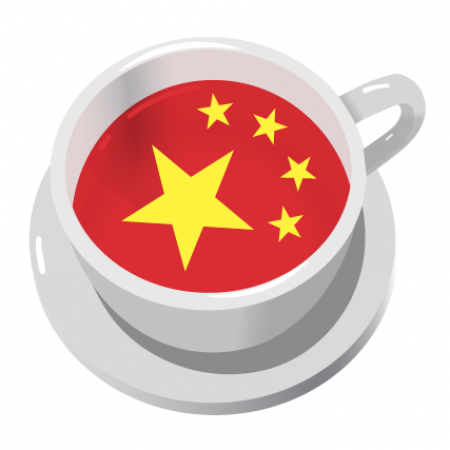
Published since 2011, TLN started as a partner site of the Asia Society’s ChinaFile project and was acquired in September 2013 by the Foreign Policy Group. It has collaborated with many news portals and think tanks such as The New York Times, The New Yorker, The Economist, BBC, Wall Street Journal, Washington Post, The Guardian, Al Jazeera English, The Huffington Post and Global Voices Online.
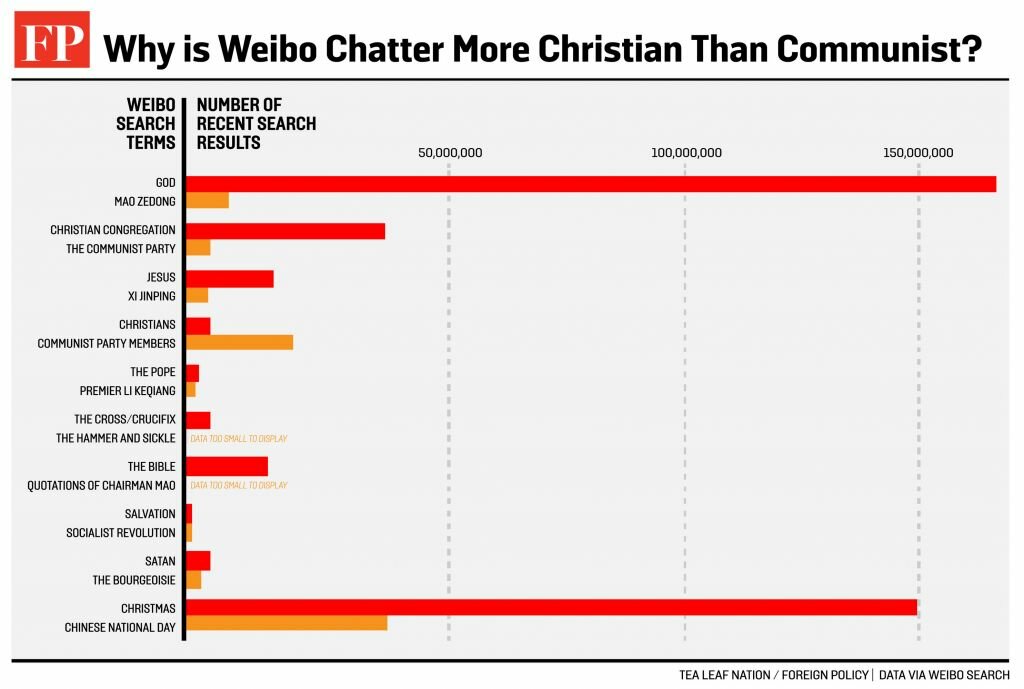
How does it work?
The founders, editors, and writers delve into Chinese social media platforms every day to spot trends, gauge sentiment, and analyze major news stories happening in China. TLN describes itself as "both cutting edge and old fashioned." It is cutting-edge because the project relies on online collaboration, open information, and a sense of world citizenship.
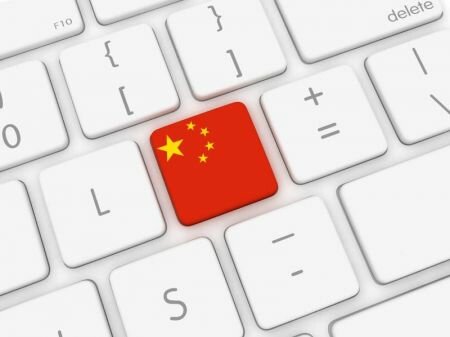
TLN is a well-connected online public sphere that ignores traditional cultural, linguistic and political barriers. Yet, it is also old-fashioned due to its emphasis on manual information processing by its contributors, leading to "solid research and analysis, logical rigor, and craftsmanship in every sentence" in order to guarantee high quality content.
Although TLN has a stable team of dedicated writers, it is also good at discovering and training new talent. One does not have to be native English speaker to join TLN. Nor does one have to excel in reading Chinese. Rather, the rule of thumb is high-quality writing with insights that can be applied broadly, possessing the potential to "tell the reader something larger about China."
Why does it succeed?
In western contexts, "tea leaf reading" refers to an art of fortune telling. In China, the tea leaf is a symbol of traditional culture, embedded in people’s daily routines. The name "Tea Leaf Nation" suggests understanding China through deep reading.

Because social media offer rich resources for news stories as well as academic research, TLN focuses on, but does not confine itself to, Chinese social media to find and distill the most interesting stories. Based on data and analysis, the team is able to "identify trends and fashions", "gain insights into specific industries, domains or topics", "make forecasts and plan business strategy", and "understand risks and potential pitfalls".
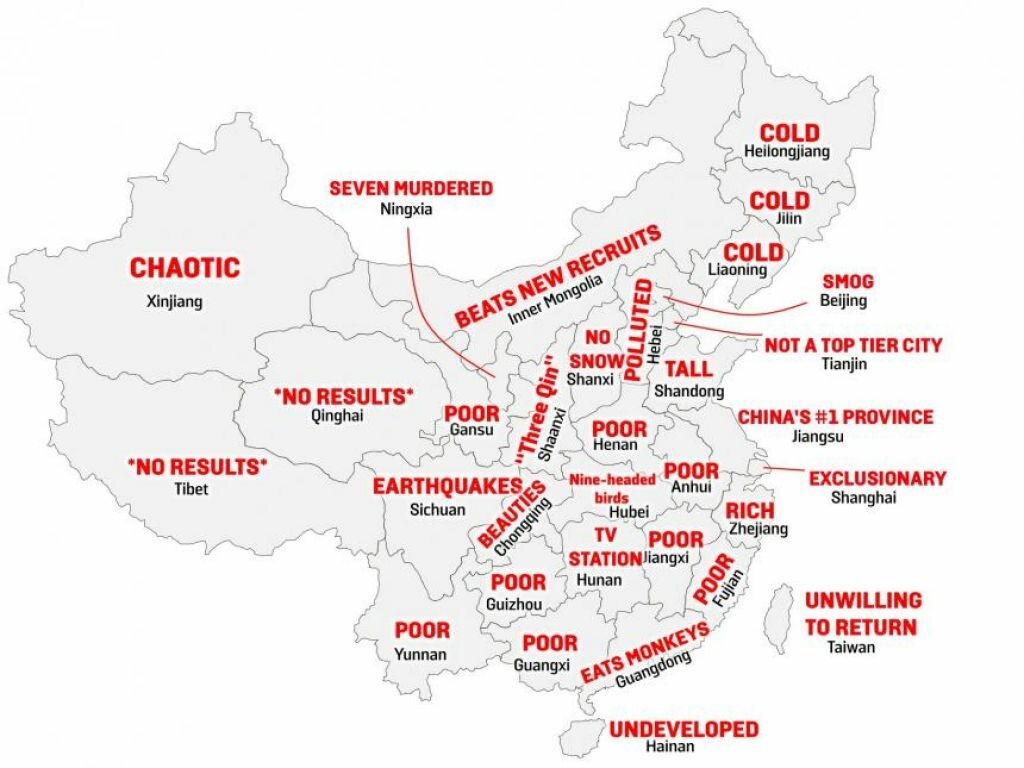
Why did we select it?
China is home to the world’s largest Internet user population and some of the world’s most rapid and profound transformations. The trend towards active Chinese netizens using social media to express themselves on diverse political issues, thereby challenging the monopoly of state media over public opinion agenda, is one of the potentially most profound of these transformations.

However, when a foreigner tries to understand China through social media, it is usually a daunting task to make sense of the information online. So much is happening and the deluge of information includes inconsistent, even contradictory, fragments. Most TLN contributors are bilingual. They do their best to minimize meanings lost in translation, while providing additional Chinese context for those outside the country to understand what is going on.
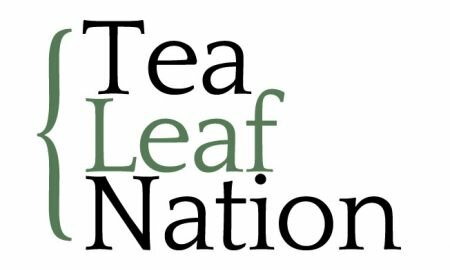
We select Tea Leaf Nation against this background because it offers a timely service for those looking for impartial and in-depth analysis of trending issues in China and presents attractive digital content with effective infographics.